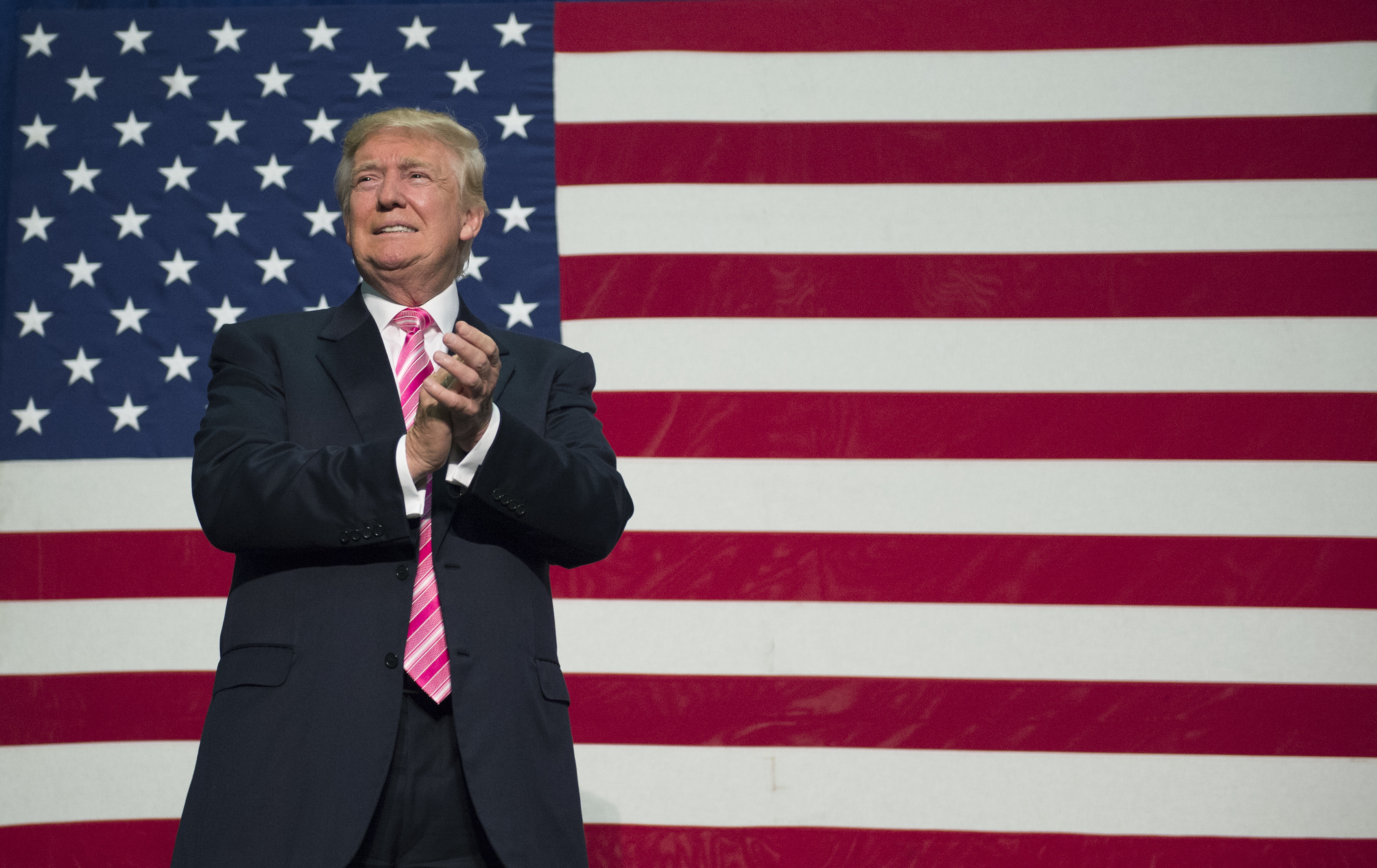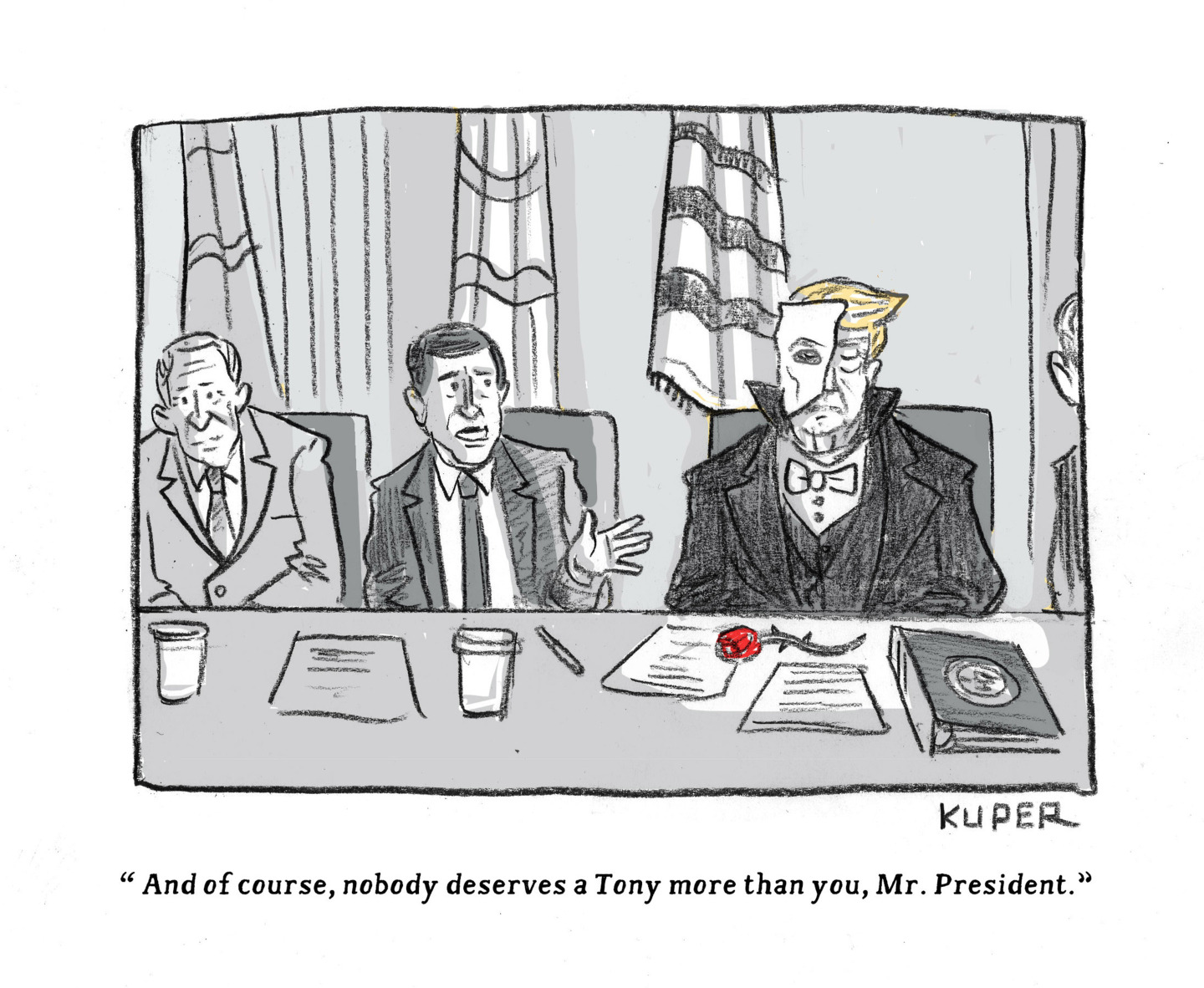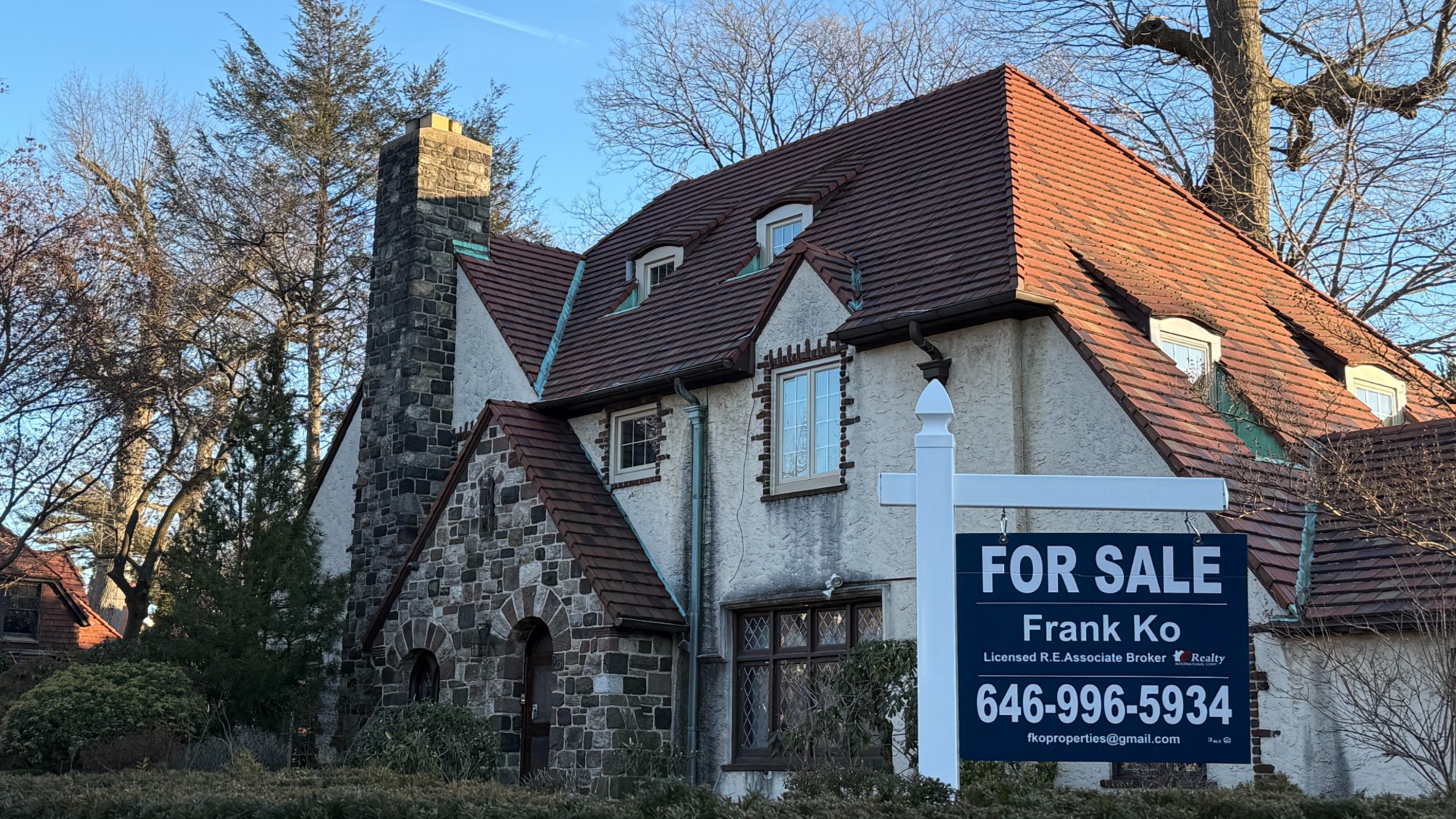Don't let Donald Trump ruin nationalism
It's too late for Donald Trump to cast himself as an inclusive nationalist. But a different candidate would be onto something.


Donald Trump's latest campaign shakeup has gone in an unexpected direction. When Trump elevated Breitbart executive Stephen Bannon to campaign CEO, it was widely understood as a double down on the racial politics of something called the "alt-right." Yet the promotion of Bannon and new campaign manager Kellyanne Conway has instead been followed by increased minority outreach. Trump has taken a softer tone on his signature issue of immigration to woo at least some additional Hispanic support. He has begun regularly expressing concern about poor and working-class blacks in his new stump speech, replacing awkward references to "the blacks" with "African-Americans." Trips to black churches are reportedly in the works.
All of which begs the question: Has Trump realized that racial polarization was a mistake?
Unfortunately for the Republican nominee, his efforts to cast himself as a colorblind American nationalist are probably too little, too late — as Hillary Clinton will surely say in a planned speech tying Trump to white racists. And Bannon really is not the best person to draw a bright, red line between a patriotic appeal to all Americans as Americans and less inclusive forms of nationalism.
The Week
Escape your echo chamber. Get the facts behind the news, plus analysis from multiple perspectives.

Sign up for The Week's Free Newsletters
From our morning news briefing to a weekly Good News Newsletter, get the best of The Week delivered directly to your inbox.
From our morning news briefing to a weekly Good News Newsletter, get the best of The Week delivered directly to your inbox.
But a different candidate who ran the campaign Trump is only now attempting would be onto something. It really is possible to have an American civic nationalism that unites citizens of the country across a variety of racial and ethnic backgrounds.
Not all nationalism is "alt-right." Often applied to Trump supporters, that term has come to be used to describe something closer to a white American ethno-nationalism. If not personally racist, many of its adherents at least believe it is important to erode taboos against racism or make whites less fearful of violating them in order to more forcefully defend group interests against nonwhites.
But there are a lot more people who believe in American borders and sovereignty than there are anonymous social media users posting racist Twitter memes. People who see their country as more than an abstract ideological construct and who think that its government has an obligation to keep their interests in mind when legislating on immigration, trade, or foreign policy.
In the introduction to Pandemonium: Ethnicity in International Politics, the late Sen. Daniel Patrick Moynihan (D-N.Y.) quoted Walker Connor defining a nation as "a group of people who believe they are ancestrally related. It is the largest grouping that shares that belief."
A free daily email with the biggest news stories of the day – and the best features from TheWeek.com
First, note the word "believe." It is possible for people who aren't technically ancestrally related to believe that they are. Trump endorser Rick Santorum, the descendant of Italian immigrants and defender of immigration restrictions past and present, believes he is as American as anyone who can trace their ancestry back to the Mayflower. Nation-states can break apart if the people, regardless of actual lineage, do not share that belief.
Second, family is a constructive way of distinguishing healthy and unhealthy nationalism. You love your family because it is yours. Your family members' accomplishments and strengths may enhance your love for them, but they are "exceptional" to you in the first place because those familial bonds exist.
Your love for your family does not require you to hate other families, to view their members as inferior, less than human, or undeserving of rights. It certainly does not require you to fight with other families or take over their homes. A person who believes their love of country requires them to hate others has a concept of family similar to the Hatfields and the McCoys.
Families are obligated to take care of their own, but this does not entail treating members of other families unjustly. A mother or father who abandoned her or his own children to take care of others would generally be regarded as shirking their duties. That doesn't mean they must never help anyone outside the family, however.
Individuals can enter families by marriage or adoption. Most don't regard inbreeding as a pursuit of purity that will build a master family.
A family that recognizes the importance of its bonds and the humanity of others is functional. A family that can't or won't do these things would widely be regarded as dysfunctional.
Not everything is always so cut and dry. People make mistakes, however sincere, all the time in the name of family, country, and every other important human institution.
There are millions of people on the left and the right, in the United States and elsewhere, who believe the governments of their nation-states are no longer living up to their familial duties. If responsible political leaders do not address their concerns, these voters will turn to more noxious nationalists — like Donald Trump.
W. James Antle III is the politics editor of the Washington Examiner, the former editor of The American Conservative, and author of Devouring Freedom: Can Big Government Ever Be Stopped?.
-
 5 prize-winning cartoons about Donald Trump's appetite for awards
5 prize-winning cartoons about Donald Trump's appetite for awardsCartoons Artists take on operatic ambitions, peace prize pacifiers, and more
-
 Will Trump’s $12 billion bailout solve the farm crisis?
Will Trump’s $12 billion bailout solve the farm crisis?Today’s Big Question Agriculture sector says it wants trade, not aid
-
 ‘City leaders must recognize its residents as part of its lifeblood’
‘City leaders must recognize its residents as part of its lifeblood’Instant Opinion Opinion, comment and editorials of the day
-
 Has Zohran Mamdani shown the Democrats how to win again?
Has Zohran Mamdani shown the Democrats how to win again?Today’s Big Question New York City mayoral election touted as victory for left-wing populists but moderate centrist wins elsewhere present more complex path for Democratic Party
-
 Millions turn out for anti-Trump ‘No Kings’ rallies
Millions turn out for anti-Trump ‘No Kings’ ralliesSpeed Read An estimated 7 million people participated, 2 million more than at the first ‘No Kings’ protest in June
-
 Ghislaine Maxwell: angling for a Trump pardon
Ghislaine Maxwell: angling for a Trump pardonTalking Point Convicted sex trafficker's testimony could shed new light on president's links to Jeffrey Epstein
-
 The last words and final moments of 40 presidents
The last words and final moments of 40 presidentsThe Explainer Some are eloquent quotes worthy of the holders of the highest office in the nation, and others... aren't
-
 The JFK files: the truth at last?
The JFK files: the truth at last?In The Spotlight More than 64,000 previously classified documents relating the 1963 assassination of John F. Kennedy have been released by the Trump administration
-
 'Seriously, not literally': how should the world take Donald Trump?
'Seriously, not literally': how should the world take Donald Trump?Today's big question White House rhetoric and reality look likely to become increasingly blurred
-
 Will Trump's 'madman' strategy pay off?
Will Trump's 'madman' strategy pay off?Today's Big Question Incoming US president likes to seem unpredictable but, this time round, world leaders could be wise to his playbook
-
 Democrats vs. Republicans: who are US billionaires backing?
Democrats vs. Republicans: who are US billionaires backing?The Explainer Younger tech titans join 'boys' club throwing money and support' behind President Trump, while older plutocrats quietly rebuke new administration
